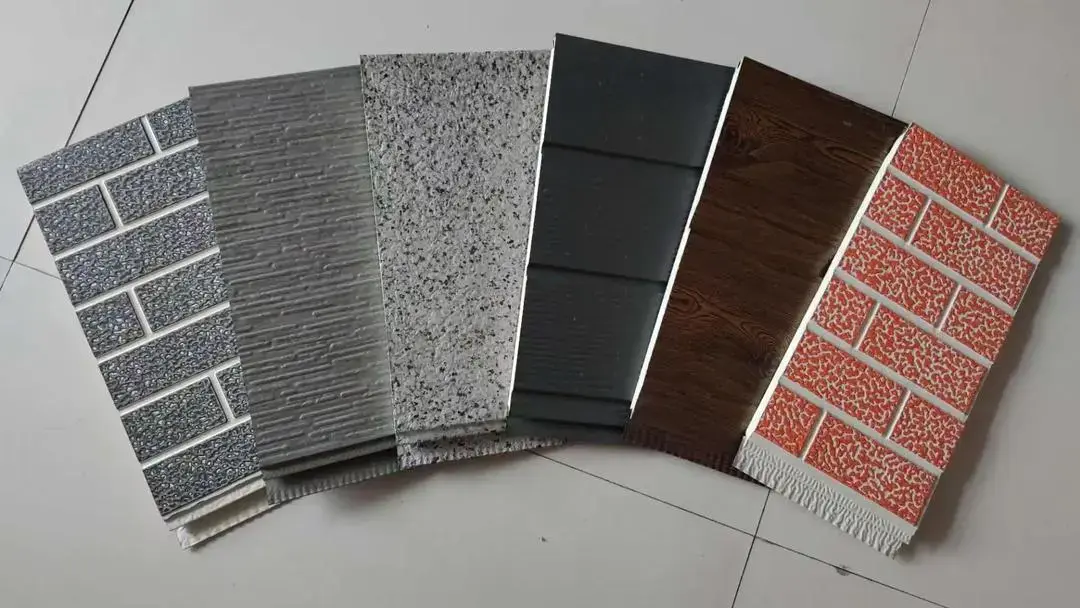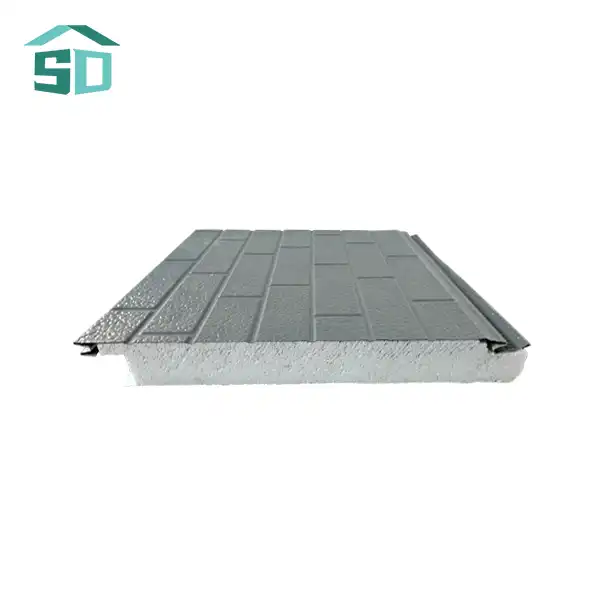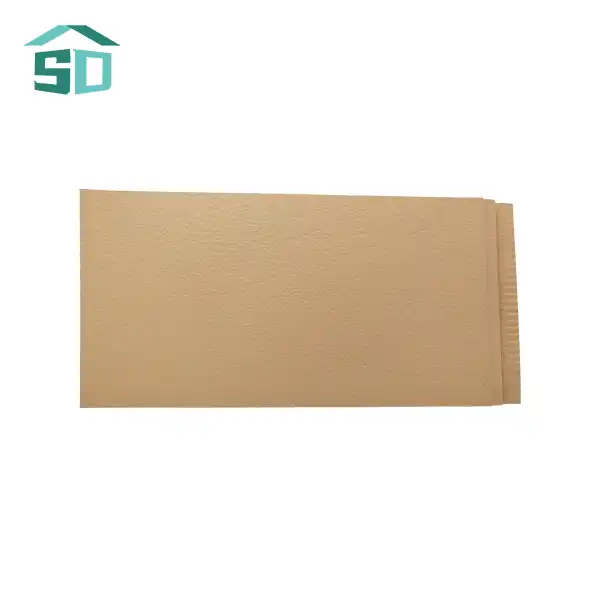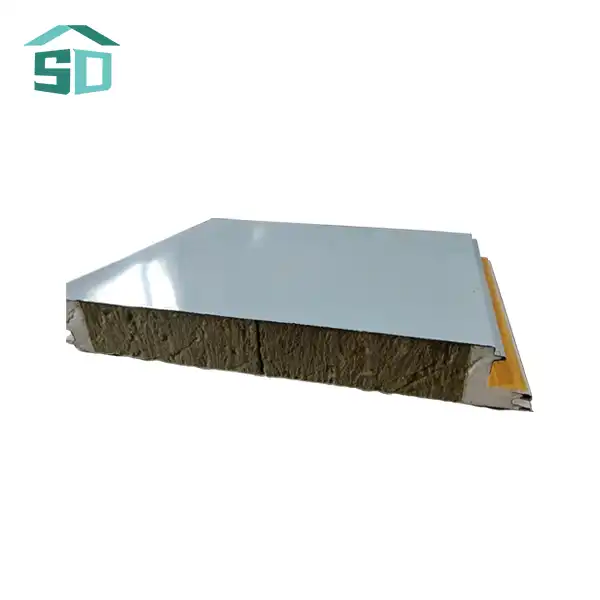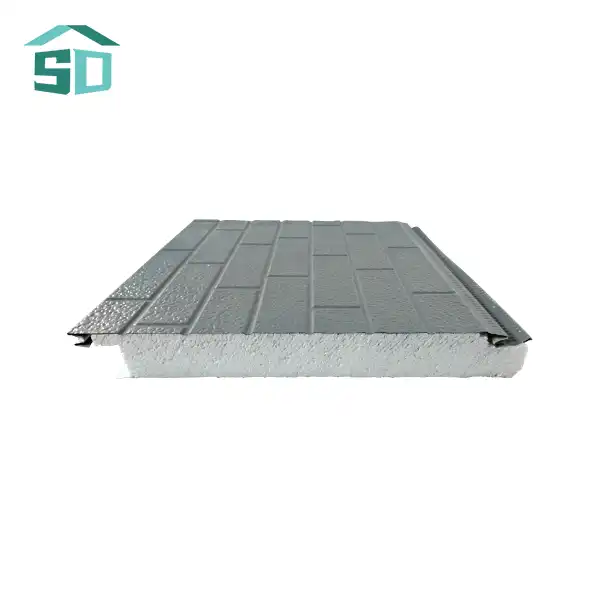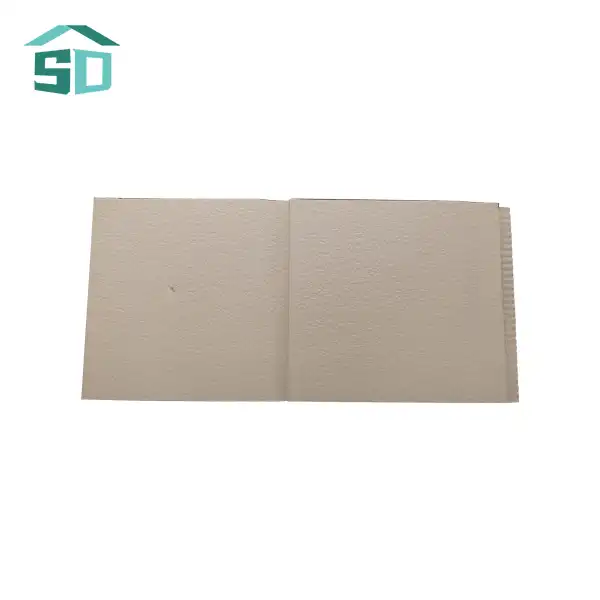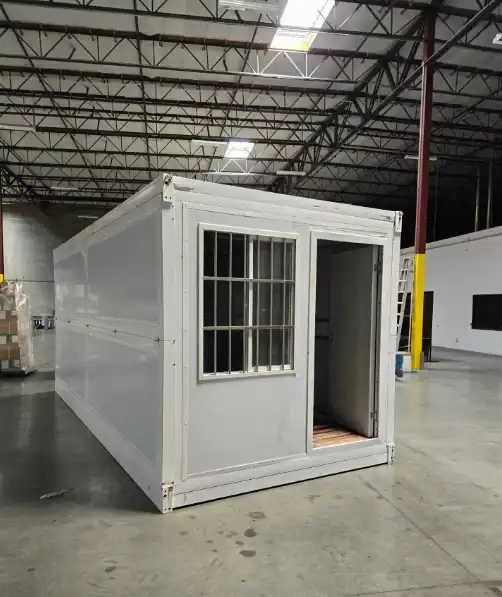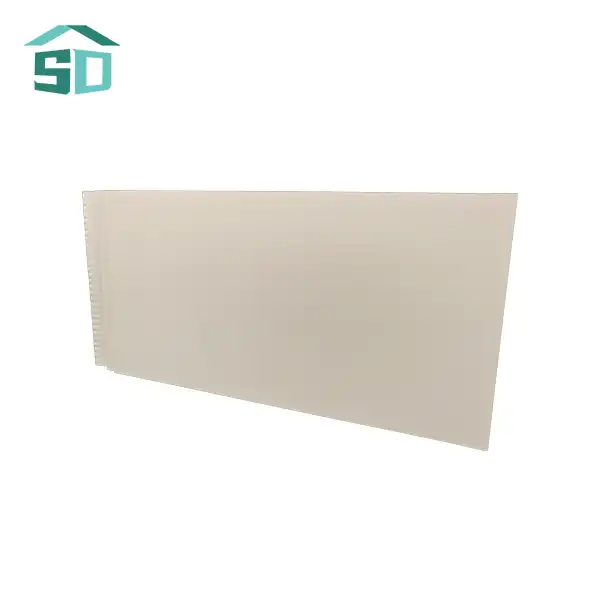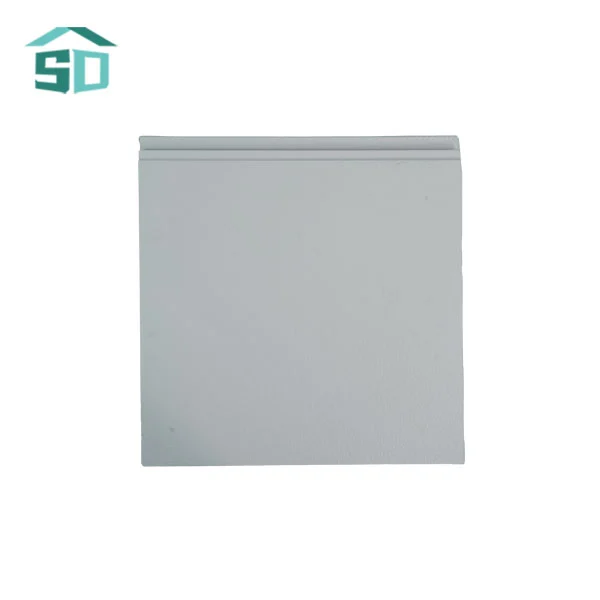Introducing Exterior Panels: A Modern Approach to Home Exteriors
Exterior panels, also known as cladding panels, represent a cutting-edge solution for home exteriors. These innovative products offer a blend of functionality and style that's hard to match with traditional siding options.
What Are Exterior Panels?
Exterior panels are advanced material systems that combine thermal insulation with customizable decorative effects. They typically consist of multiple layers, including a facing layer, panel reinforcement layer, insulation layer, structural reinforcement auxiliary layer, anchoring system, bonding system, waterproof seal, and exhaust system. This complex structure allows exterior panels to offer exceptional performance in various aspects.
Key Features of Exterior Panels
Exterior panels boast an impressive array of features that set them apart from traditional siding:
- Lightweight Design: Despite their robust construction, exterior panels are surprisingly light, making them easier to handle and install.
- High Strength and Durability: These panels are engineered to withstand harsh weather conditions, including strong winds, heavy rain, and snow.
- Bending Resistance: Exterior panels maintain their shape even under stress, ensuring a consistent appearance over time.
- Chemical Corrosion Resistance: They're designed to resist deterioration from exposure to various chemicals, extending their lifespan.
- Low Thermal Conductivity: Exterior panels provide excellent insulation, helping to regulate indoor temperatures and reduce energy costs.
- Strong Dimensional Stability: These panels resist warping, twisting, and other deformations that can affect traditional siding materials.
- Easy Cleaning and Maintenance: The smooth surfaces of exterior panels make them simple to clean and maintain.
Advantages of Choosing Exterior Panels
Opting for exterior panels offers numerous benefits:
- Unmatched Thermal Insulation: Exterior panels provide superior insulation, helping to maintain comfortable indoor temperatures year-round.
- Fire Resistance: Many exterior panels achieve high fire ratings, enhancing the safety of both residential and commercial buildings.
- Customizable Aesthetics: Available in a wide range of colors and designs, exterior panels allow for unique and personalized exterior appearances.
- Corrosion-Proof: These panels resist corrosion, ensuring they maintain their appearance and structural integrity over time.
- Energy Efficiency: The excellent insulation properties of exterior panels contribute to reduced energy consumption and lower utility bills.
- Versatility: Exterior panels can be used for both interior and exterior applications, offering flexibility in design and functionality.
- Quick and Easy Installation: The lightweight nature and engineered design of exterior panels often result in faster and simpler installation processes.
Traditional Siding: A Time-Tested Exterior Solution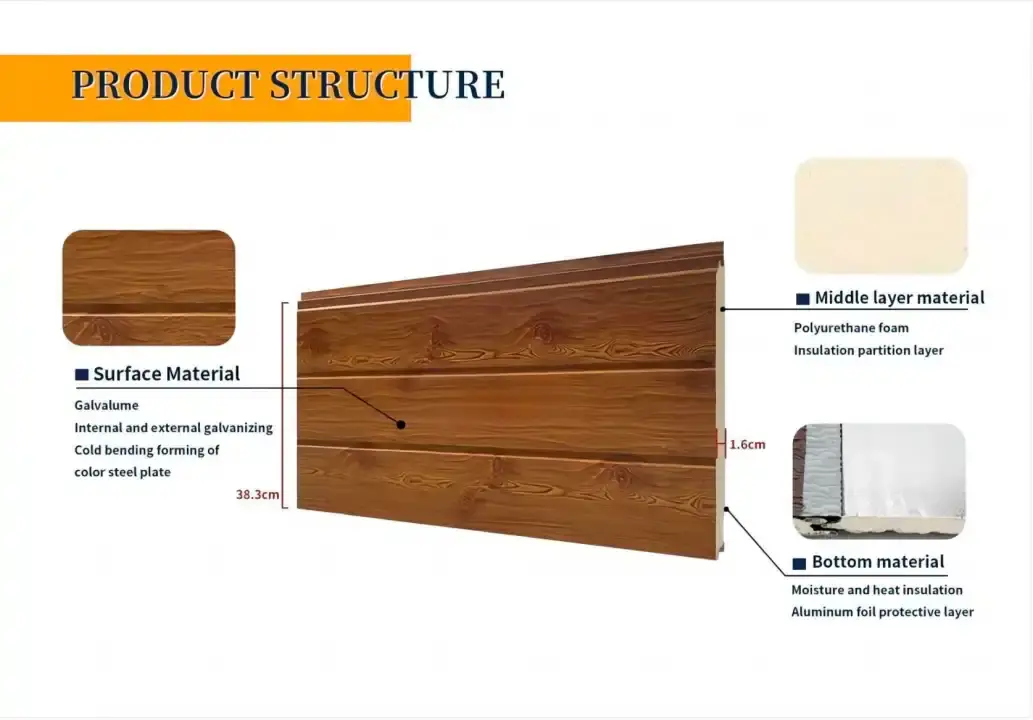
Traditional siding has been a staple of home exteriors for generations. While it may not offer all the advanced features of modern exterior panels, it still has its merits and continues to be a popular choice among homeowners.
Types of Traditional Siding
Traditional siding comes in various materials and styles:
- Wood Siding: Known for its natural beauty, wood siding offers a classic look but requires regular maintenance.
- Vinyl Siding: A popular, low-maintenance option that's available in a wide range of colors and styles.
- Fiber Cement Siding: This durable material mimics the look of wood but offers better resistance to weather and pests.
- Aluminum Siding: Lightweight and resistant to rust, aluminum siding is a low-maintenance option that's been used for decades.
- Brick Veneer: While not technically siding, brick veneer is a traditional exterior cladding that offers durability and a timeless aesthetic.
Advantages of Traditional Siding
Traditional siding options have several benefits:
- Familiar Aesthetics: Many homeowners appreciate the classic look of traditional siding materials.
- Wide Availability: Traditional siding materials are readily available from numerous manufacturers and suppliers.
- Established Installation Practices: Most contractors are well-versed in installing traditional siding materials.
- Potential for DIY Installation: Some types of traditional siding, particularly vinyl, can be installed by experienced DIY enthusiasts.
- Lower Initial Costs: Depending on the material, traditional siding can be less expensive upfront compared to some exterior panel systems.
Comparing Exterior Panels and Traditional Siding
To help you make an informed decision, let's compare exterior panels and traditional siding across several key factors:
Energy Efficiency
Exterior panels generally offer superior energy efficiency due to their multi-layered construction and advanced insulation properties. Traditional siding, while it can be insulated, typically doesn't provide the same level of thermal performance as exterior panels.
Durability and Longevity
High-quality exterior panels are engineered for exceptional durability, often outperforming traditional siding in terms of resistance to weather, impact, and UV radiation. While some traditional siding materials like fiber cement can be very durable, others may require more frequent replacement or maintenance.
Aesthetic Options
Both exterior panels and traditional siding offer a wide range of aesthetic options. Exterior panels, however, often provide more modern and diverse design possibilities, including the ability to mimic other materials convincingly. Traditional siding excels in delivering classic, time-honored looks.
Installation Process
The installation of exterior panels typically requires specialized knowledge and equipment, which may limit the pool of qualified installers. Traditional siding, being more commonplace, often has a broader base of experienced installers. However, the advanced design of exterior panels can sometimes lead to quicker installation times once the process begins.
Maintenance Requirements
Exterior panels generally require less maintenance than most traditional siding options. Their resistant surfaces and durable construction mean they need less frequent cleaning, repainting, or repair. Traditional siding maintenance needs can vary widely depending on the material, with wood requiring the most upkeep and vinyl needing the least.
Cost Considerations
Initial costs for exterior panels are often higher than those for traditional siding. However, when considering long-term expenses, including energy savings, reduced maintenance, and longer lifespan, exterior panels can prove to be a cost-effective choice. Traditional siding may have lower upfront costs but could incur more expenses over time due to maintenance and potential replacements.
Conclusion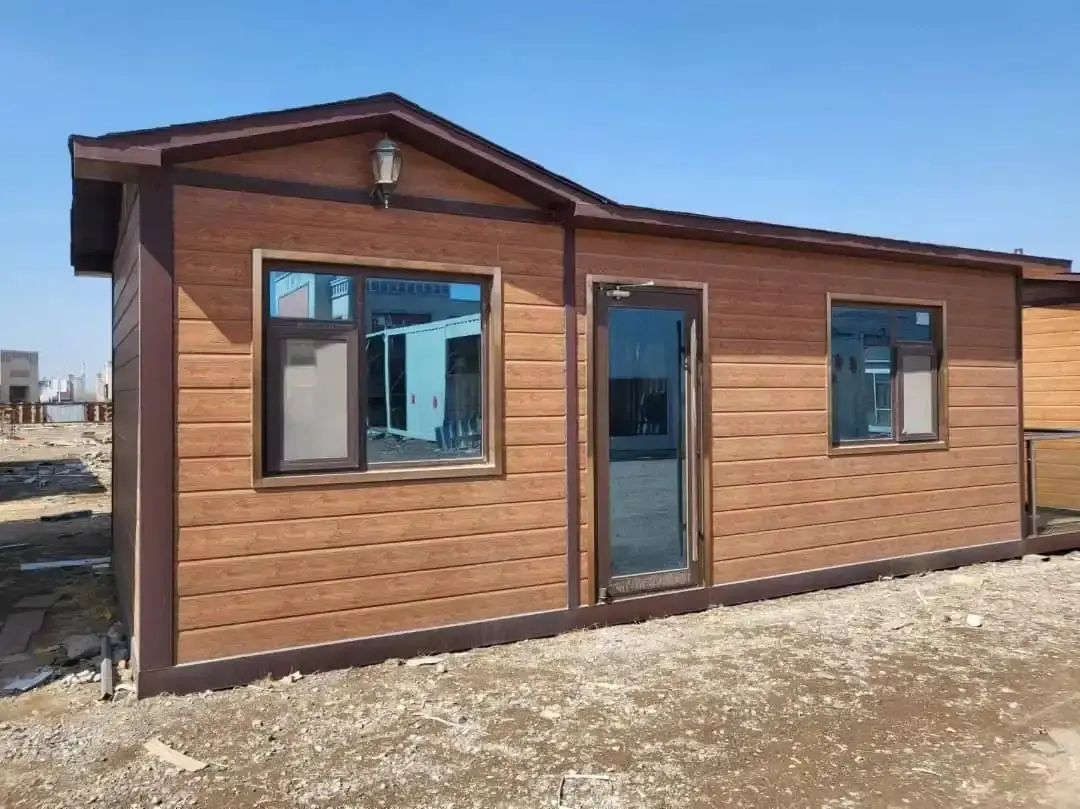
Choosing between exterior panels and traditional siding depends on various factors, including your budget, aesthetic preferences, energy efficiency goals, and long-term maintenance considerations. Exterior panels offer advanced performance, superior insulation, and modern aesthetics, making them an excellent choice for those prioritizing energy efficiency and low maintenance. Traditional siding, on the other hand, provides classic looks, familiarity, and potentially lower initial costs. Ultimately, the right choice will align with your specific needs, home architecture, and personal preferences.
At Weifang Sandong Building Materials Co., Ltd., we specialize in providing top-quality exterior panels that combine aesthetics, durability, and energy efficiency. Our products are suitable for a wide range of applications, from residential homes to commercial buildings. Whether you're undertaking new construction or a renovation project, our exterior panels offer the perfect blend of form and function. Interested in learning more about how our exterior panels can enhance your building project? Contact us at info@sdqsc.com for expert advice and solutions tailored to your needs.
FAQs
Are exterior panels suitable for all climate types?
Yes, exterior panels are designed to withstand various climate conditions, from extreme heat to severe cold and high humidity.
Can exterior panels be installed over existing siding?
In many cases, yes. However, it's best to consult with a professional exterior panels manufacturer or installer to assess your specific situation.
How long do exterior panels typically last?
With proper installation and maintenance, high-quality exterior panels can last 30 years or more.
Are exterior panels more expensive than traditional siding?
While the initial cost may be higher, the long-term benefits in energy savings and reduced maintenance can make exterior panels a cost-effective choice.
Can exterior panels improve my home's energy efficiency?
Absolutely. The advanced insulation properties of exterior panels can significantly enhance your home's thermal performance, potentially leading to lower energy bills.
References
1. U.S. Department of Energy. (2021). "Insulation Materials." Energy.gov.
2. National Association of Home Builders. (2020). "Exterior Cladding Materials."
3. Building Science Corporation. (2019). "Guide to Insulating Sheathing."
4. Journal of Building Engineering. (2022). "Comparative Analysis of Exterior Cladding Systems."
5. International Code Council. (2021). "International Energy Conservation Code."
